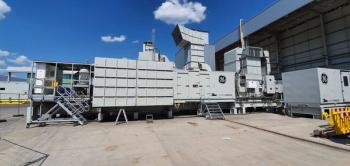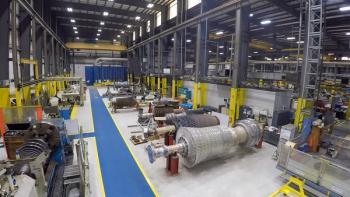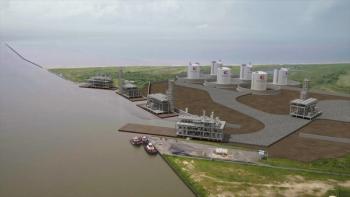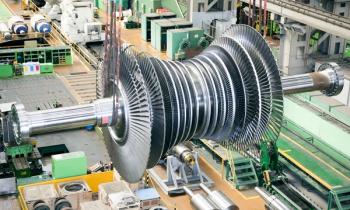
Southern Company confirms gloom and doom in coal
Southern Company says the proposed federal regulations for coal-fired power plants would significantly impact customers and the overall U.S. economy as a result of higher costs for electricity and reduced reliability.
Southern Company's evaluation of how the various federal regulations would impact the company is included in formal comments being filed today with the U.S. Environmental Protection Agency (EPA) on the proposed Utility MACT (Maximum Achievable Control Technology) rule, which targets air emissions.
Based on its current assessment of EPA's proposed rules, Southern Company's operating subsidiaries would expect to:
-- install new emissions reduction equipment on approximately 12,000
megawatts (MW) of coal-fired generation, accounting for approximately 60
percent of the coal fleet,
-- retire approximately 4,000 MW of coal-fired generation,
-- change fuel for 3,200 MW or more of coal- and oil-fired generation to
other fuels such as natural gas and
-- replace more than 1,500 MW of coal- and oil-fired generation with
natural gas-fired generation.
These actions would result in approximately 40 percent of the coal fleet being either retired or transitioned to natural gas.
Southern Company's analysis indicates that through 2020, the estimated capital cost for the company's operating subsidiaries to comply with the full range of proposed rules for coal-fired generation -- including air emissions, water and coal ash -- would be between $13 billion and $18 billion.
The capital spending and fuel switching required for compliance with EPA's proposed rules could increase electricity prices an additional 10 percent to 20 percent over the next 10 years for customers of Southern Company's subsidiaries. Similarly, Southern Company's analysis of other studies by NERA Economic Consulting, Management Information Services and others indicates that electricity prices in the Southeast could increase 10 percent to 25 percent over the same 10-year period with job losses between 250,000 to 500,000.
"EPA has an important and valuable role in America," said Thomas A. Fanning, Southern Company chairman, president and CEO. "In the past, our industry has had a constructive relationship with the agency. However, these proposals are misguided in their content and timing.
Refueling coal-fired generation to natural gas may also take four or more years, since at most locations interstate natural gas pipelines will need to be expanded. Significant changes in generation also will require substantial transmission upgrades requiring long-lead time transmission projects to maintain reliability. "The extremely compressed construction and outage schedules will needlessly drive up costs and threaten reliability," said Fanning. "The consequences of EPA's unreasonable timetable are significant to our customers and our nation."
Newsletter
Power your knowledge with the latest in turbine technology, engineering advances, and energy solutions—subscribe to Turbomachinery International today.




